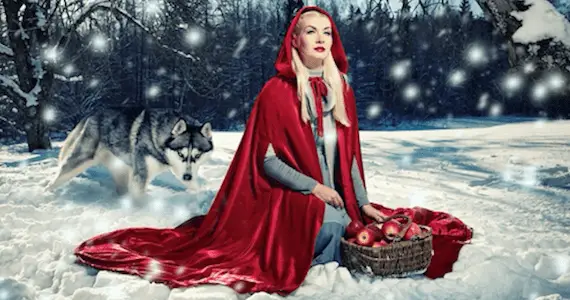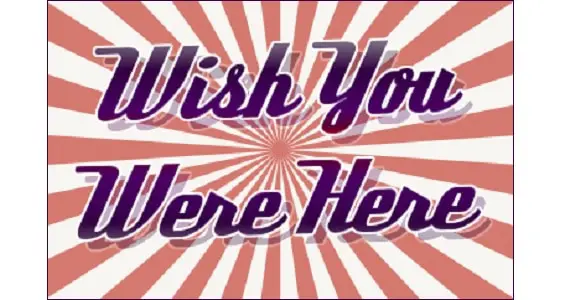Although fairy tales have never really fallen out of favor, it is undeniable that there has been a shift in pop culture in which these famous old stories have taken a more prominent place – across a number of different platforms.
Whether it is in film, television or gaming, the stories that have been told for centuries seem to be making a bit of a comeback – though the way that they are being told has definitely changed with the times.
Folk tales
One of the major reasons why we love fairy tales is that they are usually some of the first proper stories that we get to hear. The repeated telling of tales such as Snow White or Cinderella over the years means that they are ingrained in our understanding of stories themselves.
It is in this way that rather than “fairy” tales – which suggest the Disney versions – it seems more correct to refer to them as “folk” tales. The overriding themes of these tales are as relevant now as they have always been – the hope that good triumphs over evil, that true love is possible, and the possibility of a rags-to-riches story. We all want these things to happen, so we will take in these tales over and over again.
Changing times
One thing that is very noticeable, however, is how these tales are told now. Though Disney is one of the major reasons why we embrace these stories so much, it is also why we equate them with lightness and good rather than the dark tales that they were first intended to be.
After watching a Disney fairy tale, you may be shocked to discover the way that the stories were first told by the likes of the Brothers Grimm. It is not uncommon to find that certain parts of the tales have changed dramatically to suit a family audience in the 20th century. The audience would have been much different in the 19th century when they first appeared.
Updating characters
One noticeable aspect of the current crop of fairy tales that have been rebooted and reworked for a modern audience is the way that male and female characters are portrayed. Whereas many older viewers will remember the biddable, meek female characters heroically rescued by the macho male characters, it is more likely these days for the female characters to be just as strong.
Though it would be incorrect to say that we now have feminist ideals permeating through the films, TV shows and games, there has definitely been a shift to more female-led titles in which the characters are fully rounded and not just part of the wider story.
Inspirations
Because of the way that these stories have become embedded in popular culture, it is unsurprising that they have expanded from book to screen, to television, and then to games. Titles such as the Twilight series cover all bases, and the darkness of the characters as well as the plots are able to work on all these platforms.
If you play live casino games, then you will know that the imagery and fantasy aspects of fairy tales lend themselves perfectly to the format. With the innovation and advances of technology, the landscapes and settings for these magical tales can be recreated in games to great effect.
Hero or anti-hero?
Reworking these old fairy tales has become a genre of its own when it comes Hollywood especially. Not only have stories such as Sleeping Beauty been retold with darker premises and stronger characters, but they have also been changed to bring us the story from a different angle. A good example of this is Maleficent, where the story is told from the perspective of the eponymous “evil” fairy.
This blurring of lines where traditional villains become more like anti-heroes – at the very least – is a common way to update the stories while keeping the basic premise. Audiences these days are happier to allow themselves to work out who to root for rather than being told which characters are good or bad.
Enduring appeal
The fact is that fairy tales never went away. Popular culture has always embraced these stories. They have the appeal of being largely fantasy (which always works well), they are very well known and so are (mostly) guaranteed hits, and they also appeal to everyone regardless of gender. In short, it is highly unlikely that fairy tales are going anywhere soon.




